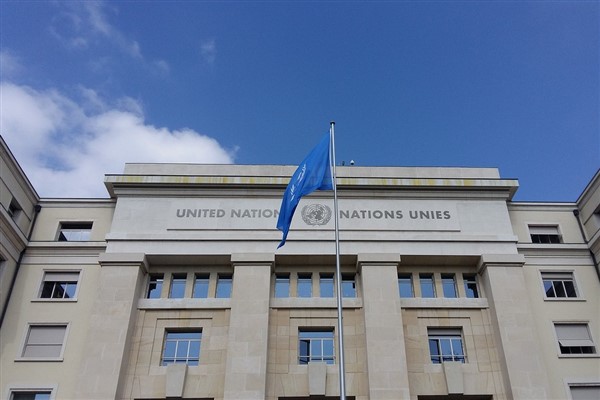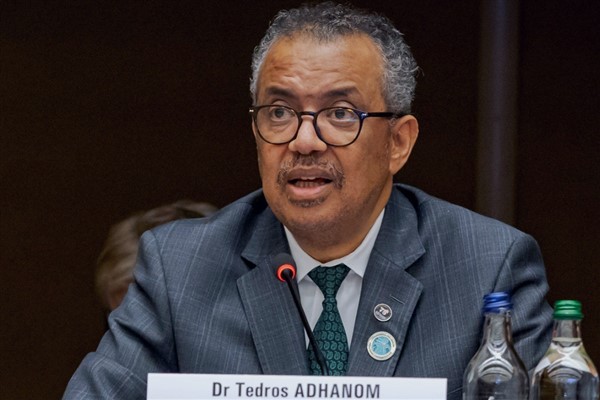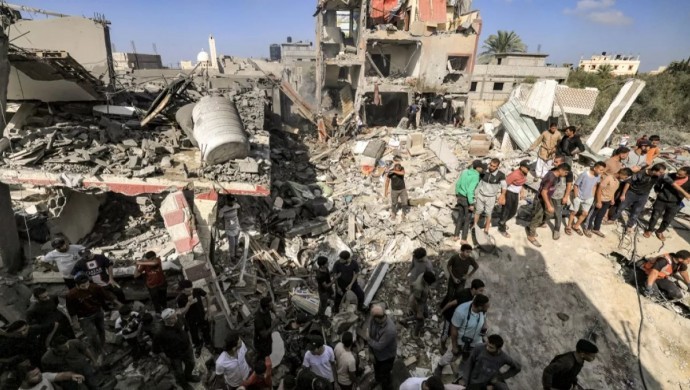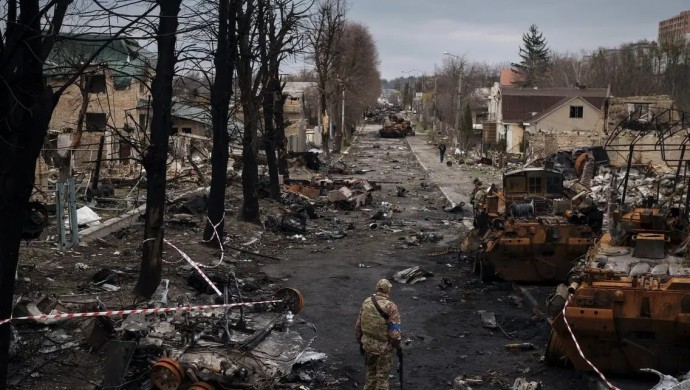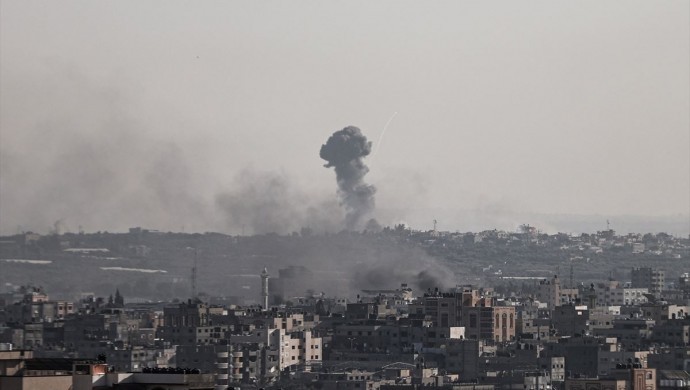The Russian crisis and food production… We state that global food prices have been affected by the mechanics of war for a while and will continue to be affected. The most important reason for this is, of course, the deterioration in supply conditions. In particular, the agricultural production intensity of the areas of interest to the war zone, migration etc. It will mean difficulty in planting and a related supply deficit due to reasons such as: Another critical issue is related to agricultural inputs. In this process, the fact that the items used in terms of agricultural productivity both have prices originating from foreign exchange and are directly affected by the energy input price increase production costs and prices. Fertilizer, transportation and agricultural chemicals are the leading inputs we mentioned. There is a direct impact on energy prices.
Input effect, its relation with oil prices… Agricultural inputs, where prices were in a rising trend even before the war, increased more with the Russian crisis. This will increase its impact when combined with factors such as security of supply and sanctions. Currently, there is a tendency to create a driving force for food prices in fertilizer prices, which also includes the effect of energy prices. In addition, the global production network of potash, which is used in fertilizer production, is important. The reason is that Russia and Belarus are the determinant producers and exporters of this market, and when these players withdraw, there will be a serious production deficit in the market.
Namely; Potash is primarily used in fertilizers (about 95%) to support plant growth, increase crop yield and disease resistance, and improve water conservation. Four countries (Canada, Russia, Belarus and China) accounted for about 80% of world potassium production in 2020. Three countries (Canada, Belarus and Russia) accounted for 79% of potassium traded internationally in 2019. Potash prices were declining from 2012 to the first half of 2017. Prices started to increase in the second half of 2017, eventually reaching US$275/tonne at the beginning of 2019 and finally falling steadily to around US$200/tonne.

Production amount and percentage distribution of potash substance used in fertilizer production by countries... Source: Natural Resources Canada
Measures against food security and the problem of global supply gap... Indicators in food prices and the desire of countries to ensure their own food security against a possible global supply gap in the dynamics related to Russia create a sphere of influence for countries that are not directly in the geography of the crisis through the export and import network. In other words, producer-consumer countries that are geographically far from Russia and Ukraine will also be affected by the food crisis and inflation. In particular, we see practices such as export restrictions, increasing food tariffs and directing production to the domestic market.
The war between Russia and Ukraine has sparked panic over famine, rising prices and a possible squeeze in Russian manure. This triggered export restrictions from Asia to the Americas, while the European Union signaled that it would take a "holistic approach" to agricultural policy to ensure food security. If we look at some measures and developments;
Indonesia, the largest crude palm oil producer, is increasing its export duties from $375 at current prices to $675 per ton. Higher taxes will make it more profitable for companies to supply the domestic market.
Argentina, the #1 shipper of soybean meal and oil, prevents traders from registering cargo for export, often signaling an impending tax hike. The country also subsidizes its wheat processing industry and threatens to rein in beef exports. Both rank high in global sales.
Egypt bans the export of basic foodstuffs such as flour, lentils and wheat for three months. The most populous Arab country is the largest wheat importer, relying on grain for pasta and a bread subsidy program that feeds tens of millions of people.
In Brazil, farmers can't get the fertilizers they need because retailers are reluctant to submit quotes.
In China, one of the world's largest food importers, buyers are halting purchases of US corn and soybeans amid concerns that fewer crop shipments from Russia and Ukraine could set off a global battle for grains.
Concerns that sunflower oil prices would rise in Turkey caused queues in the markets.
There is a food shortage in some big cities within Ukraine itself.

Comparisons of agricultural input and food prices… North American urea and fertilizer price indices and Bloomberg commodity price index are on the top panel. The bottom panel includes global palm oil, soybean meal, soybean oil and wheat prices. Source: Bloomberg
EU dimension… The war in Ukraine could potentially have a significant impact on the market situation of the agricultural sector, both in the EU and globally. In terms of trade, the EU imports a number of important commodities and agricultural inputs from Russia and Ukraine, including animal feed, fertilizer, crude oil and natural gas. EU exports to Ukraine and Russia, such as poultry and pork products, wines and spirits, may also be affected. Most affected sectors are already under pressure from factors such as extreme weather conditions, high input prices and trade fluctuations.
Conclusion? The invasion of Ukraine rocked commodity markets and countries responded by hoarding grains and cooking oil or encouraging greater harvests. The world is heavily dependent on Ukraine and Russia for wheat, with these countries accounting for a quarter of global trade. Nations around the world are waking up to the threat of a global food crisis and are taking steps to secure their own resources. The war between Russia and Ukraine has sparked panic over famine, rising prices, and a possible tightening of supplies in Russian fertilizers. After the Russian invasion of Ukraine disrupted trade and skyrocketed the prices of basic foodstuffs, governments are taking steps to protect the local food supply. Protectionist measures, which have already increased in recent years as the Covid-19 pandemic raises scarcity concerns, could bring worse news for the global food trade and put pressure on food inflation.
Kaynak: Tera Yatırım
Hibya Haber Ajansı







